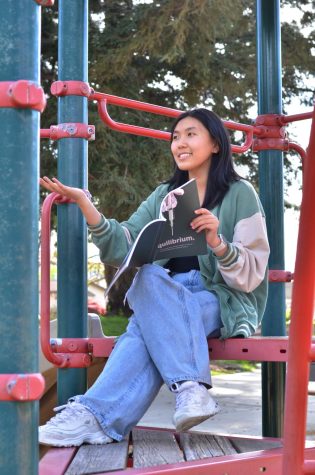Humans of Harker: Communicating and creating
Vienna Parnell combats challenges through communication
“It’s impossible to [express] how much debate has helped me with communicating with people and articulating my ideas beyond the tournament setting. The value of debate transcends rounds when you’re able to apply that [knowledge] to real life scenarios,” Vienna Parnell (12) said.
Vienna Parnell (12) recalls the debate tournament room cluttered with strangers as tumultuous applause thundered when her name was announced. She felt the gaze of eyes toward her direction as she stepped up to the podium on stage. There was a slight tremble in her voice as she spoke, completely unaware that she was about to enjoy her first victory in debate.
Vienna started debate in middle school and initially found the tournaments intimidating, especially for someone as shy as her. However, as Vienna continued to participate in tournaments, she became grateful that she persevered with debate because of all that it has taught her. Not only did debate develop her communication skills, but it also improved her ability to perform research as she dug through content for evidence supporting her arguments. Along the way, Vienna was able to make friends with the same interests.
Upper school debate teacher Greg Achten has watched Vienna evolve as a person and a debater since she first joined the upper school debate team.
“When we are researching and thinking of arguments, Vienna is always one of our strongest contributors,” Achten said. “She’s everything I would want in someone to be a leader of the team, especially because of her positive attitude.”
Vienna primarily specializes in a form of debate called public forum, a style in which two pairs of debaters argue over a topic in current events. With practice, she was able to become co-captain of the public forum debate team.
“Vienna’s very self-sufficient and confident in her own abilities,” close friend and fellow debater Aimee Wang (12) said. “She’s the type of person who will get everything done very quickly, [whether it’s] academic or not.”
When Vienna is at tournaments, she’s not only debating, but also making connections with people who have different views than her. Most of her favorite memories in debate are overlooked moments, such as when she goes out with friends in between rounds of tournaments. In particular, she vividly remembers going to a ramen restaurant with her teammates during a tournament and being able to bond with them differently than from inside the classroom.
Vienna also deeply appreciates how she can use the skills she learned from debate outside of the classroom.
“It’s impossible to [express] how much debate has helped me with communicating with people and articulating my ideas beyond the tournament setting,” Vienna said. “The value of debate transcends rounds when you’re able to apply that [knowledge] to real life scenarios.”
Vienna’s peers know her to be considerate and attentive, qualities which greatly benefit her as both a debater and a friend.
“Something I like about Vienna is that you can easily tell that she really cares about the people around her in class as well as outside,” close friend Alice Feng (12) said. “I’ve also noticed that she’s very good at remembering really small details.”
Over quarantine, Vienna began to apply her research skills from debate to a new hobby she became heavily interested in: origami engineering.
After gaining experience in researching public policy and current events through debate, Vienna became involved with STEM-oriented research. Origami engineering, the application of origami to solve a variety of engineering difficulties, intrigued her the most because it was a combination of what she already enjoyed — origami — and scientific research, something that she had never tried before.
Even before embarking on her research project, Vienna already used origami as a way of relieving stress, delighting in the joy of gifting her crafts to family and friends.
“The reason I find origami so enjoyable and relaxing is because of the process of methodically folding [and] putting pieces together, and the satisfaction of finishing the creation,” Vienna said.
Vienna plans to pursue origami engineering further in college, especially since she feels that colleges may support the niche field of origami engineering.
Since origami engineering isn’t very well known, Vienna hopes to contribute her own findings to the field. Vienna believes origami engineering can have applications in areas as diverse as biomedical devices and space exploration.
“I’d love to contribute to making it more well-known or more established in science fields,” Vienna said. “It will definitely be very challenging because it’s so specific, but it’s something I’m willing to do.”
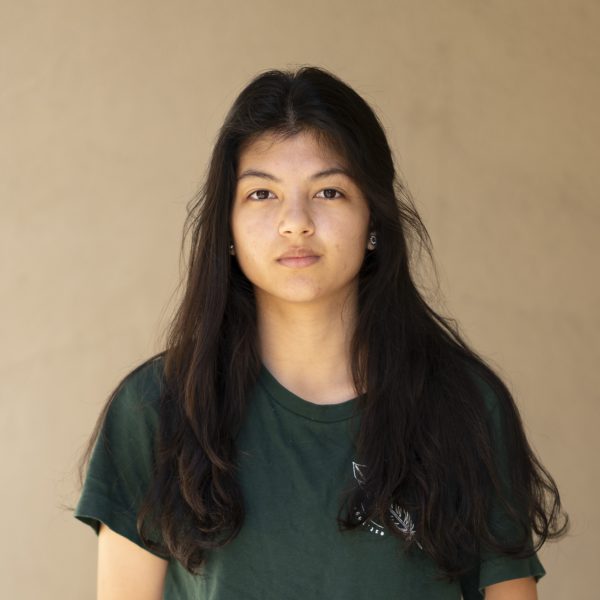
Aryana Bharali (11) is a Humans of Harker profiler for Harker Aquila and the Winged Post, and this is her third year on staff. This year, she hopes to...
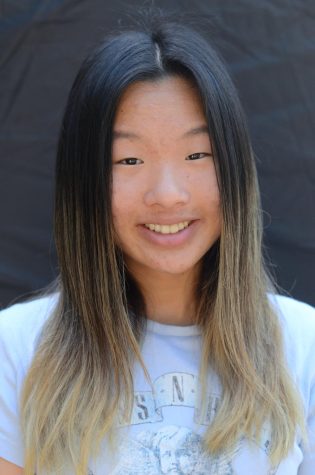
Tiffany Chang (12) is the editor-in-chief of Humans of Harker, and this is her fourth year on staff. She’s looking forward to telling the story of the...































![Setter Emma Lee (9) sets the ball to the middle during the match against Pinewood on Sept. 12. “[I’m looking forward to] getting more skilled, learning more about my position and also becoming better friends with all of my teammates, Emma said.](https://harkeraquila.com/wp-content/uploads/2023/09/DSC_4917-2-1200x795.jpg)








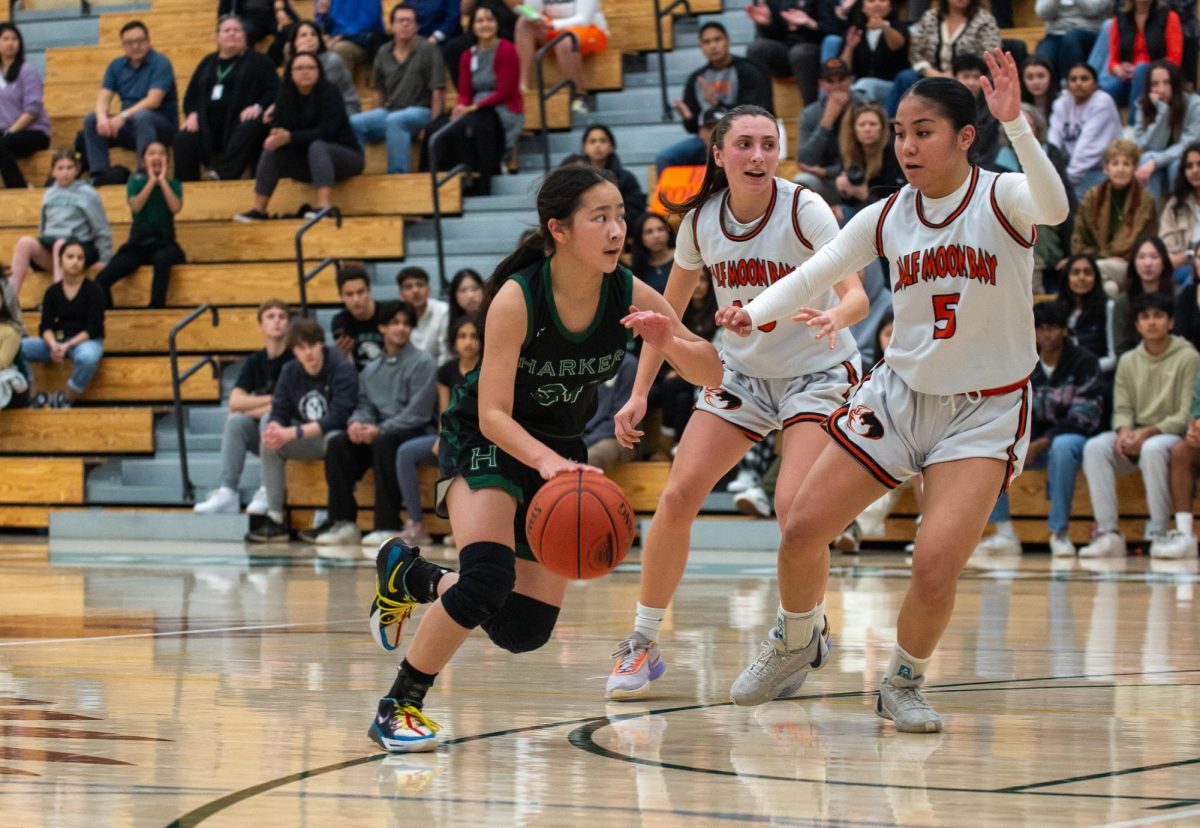























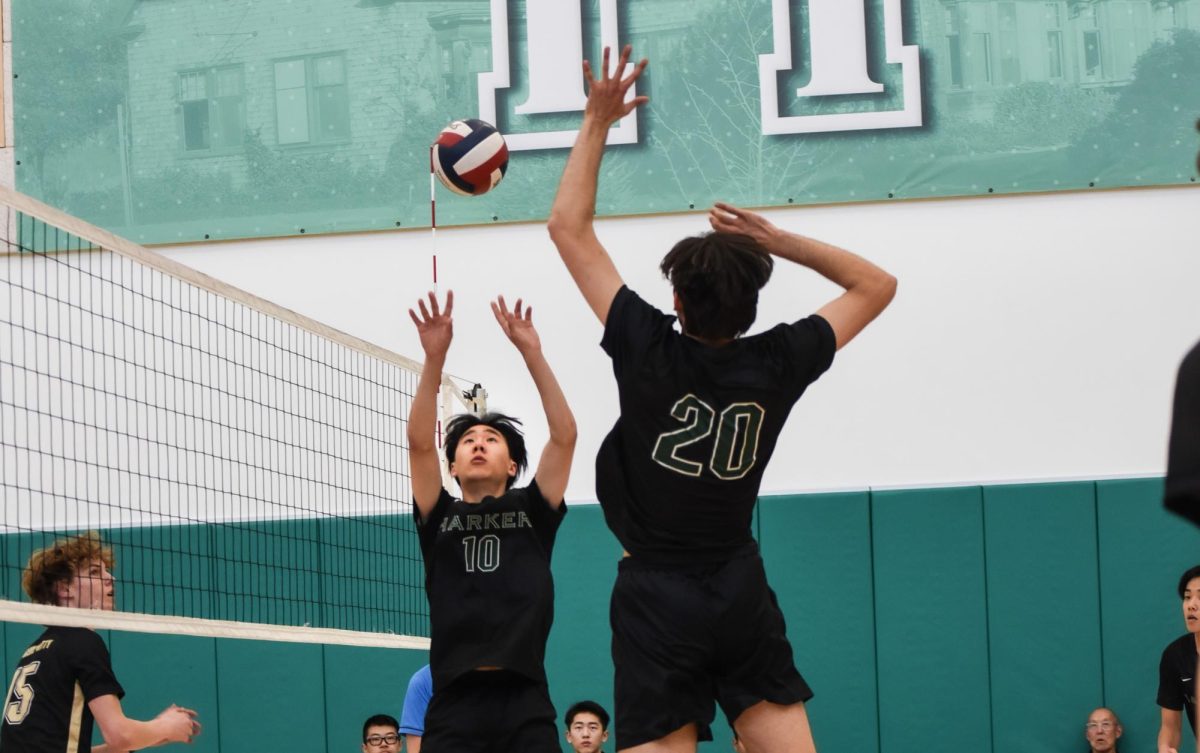
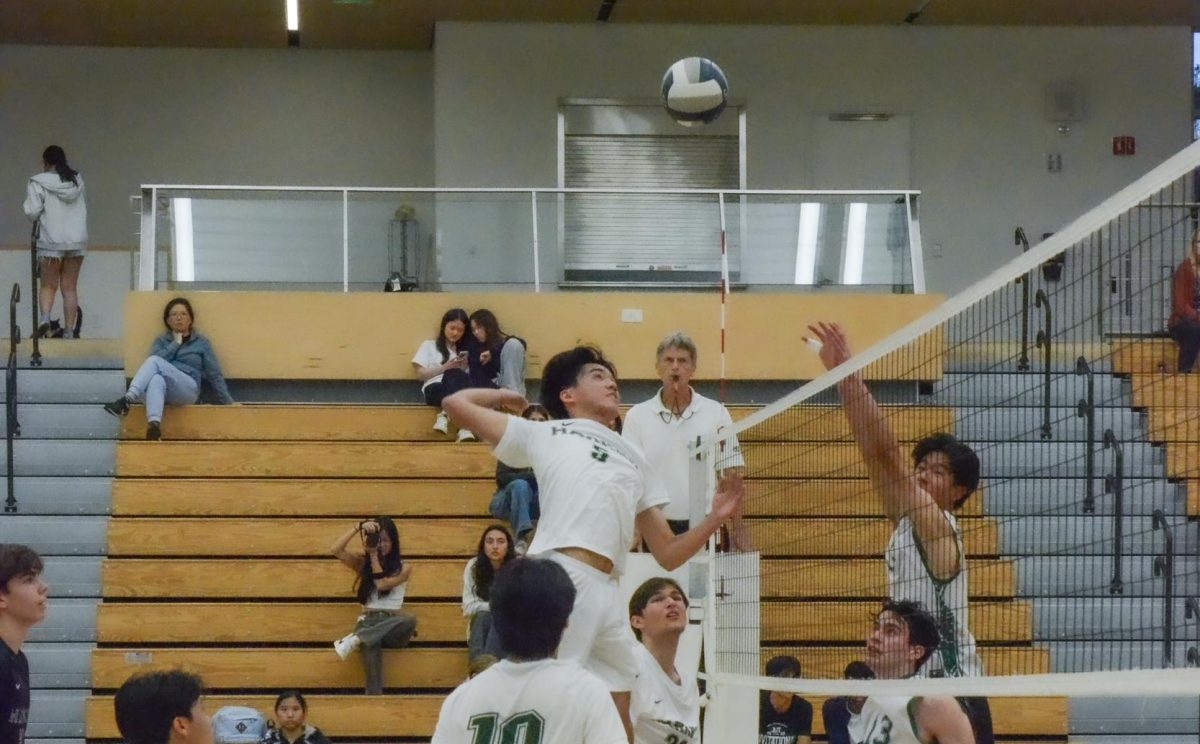
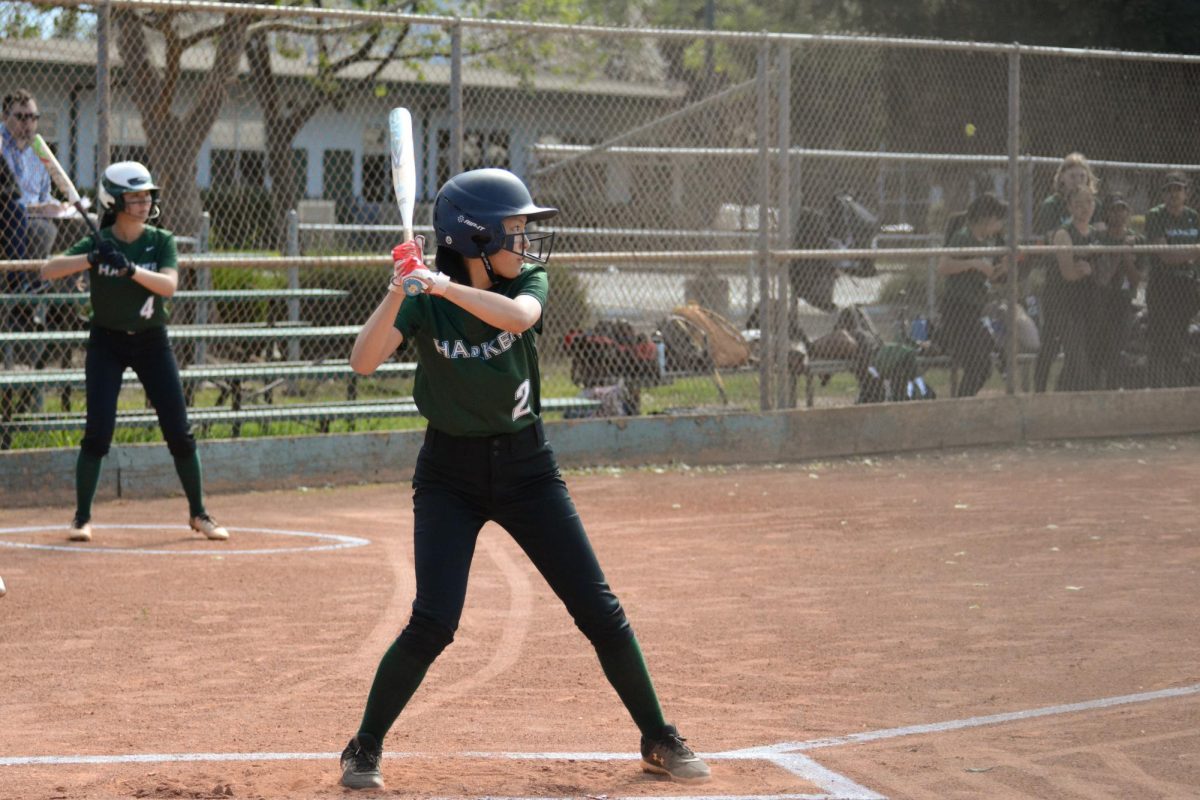
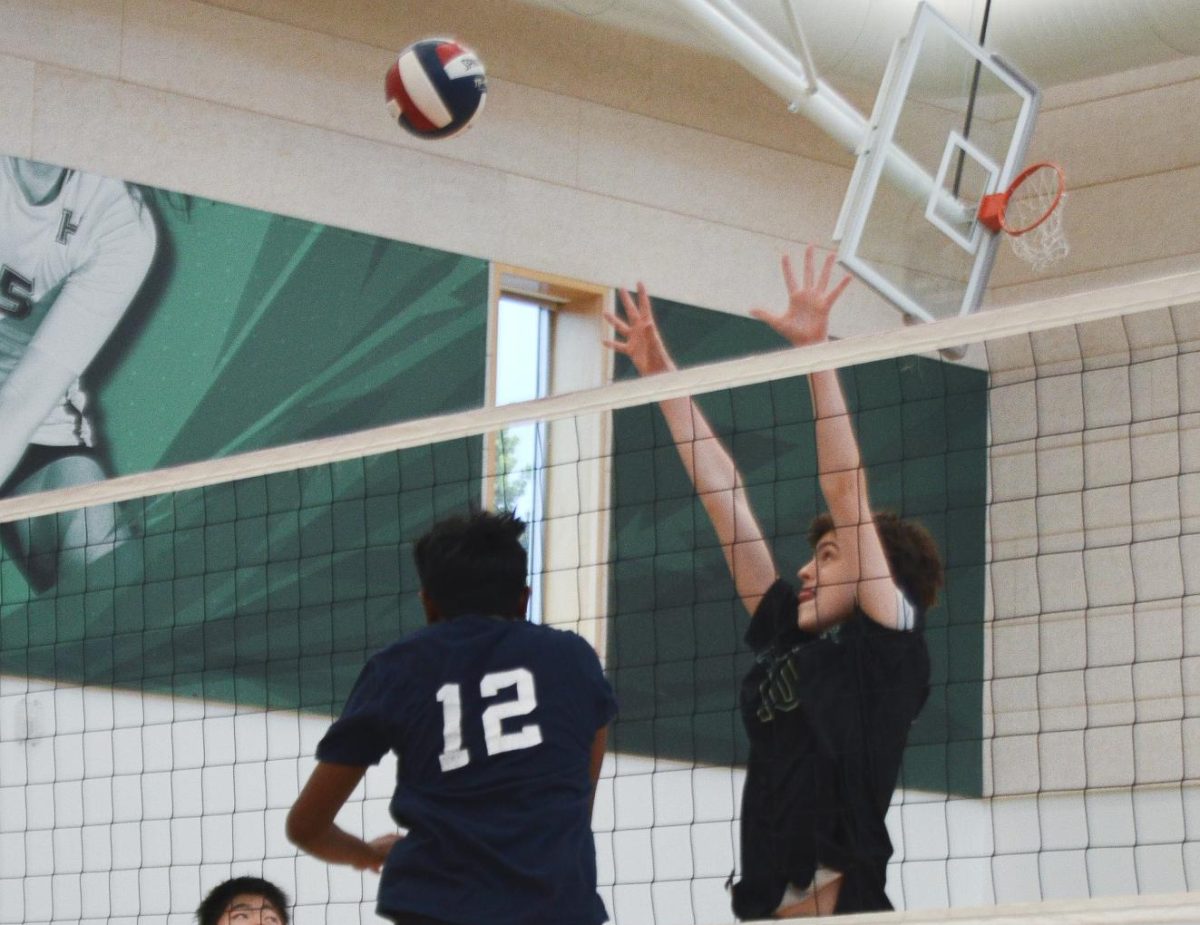
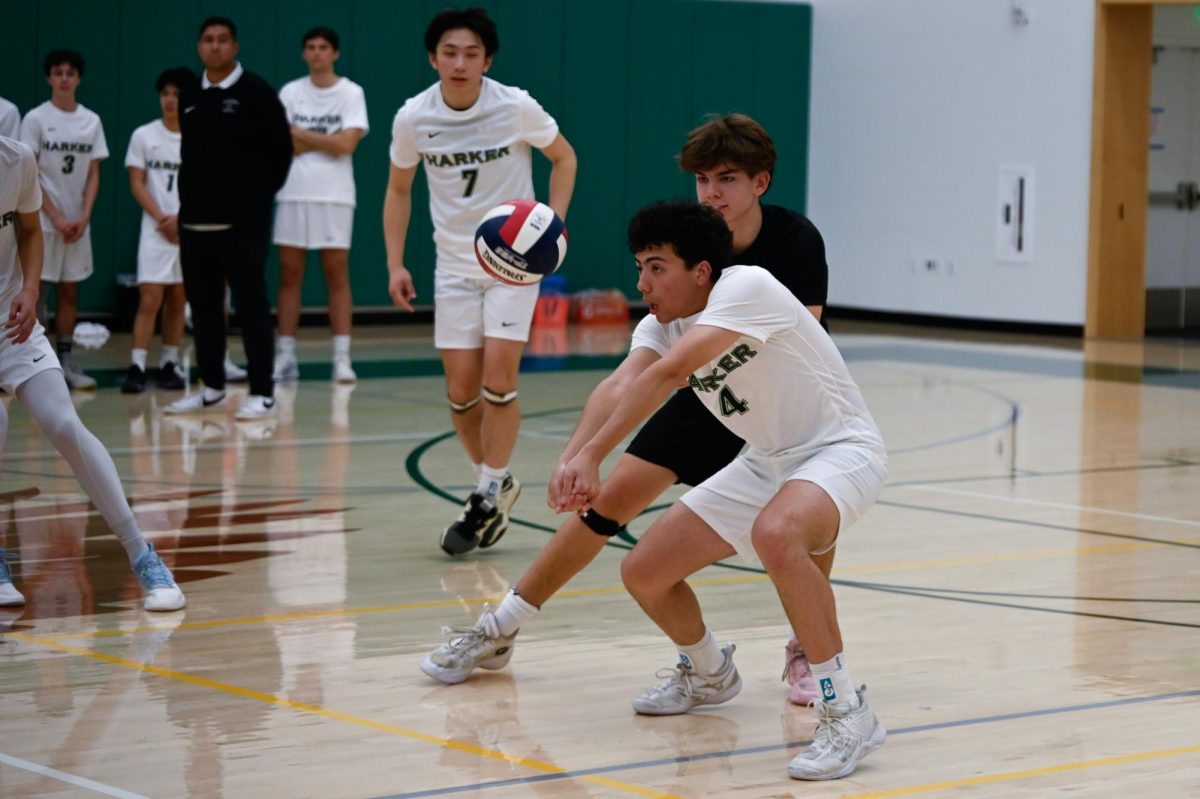



























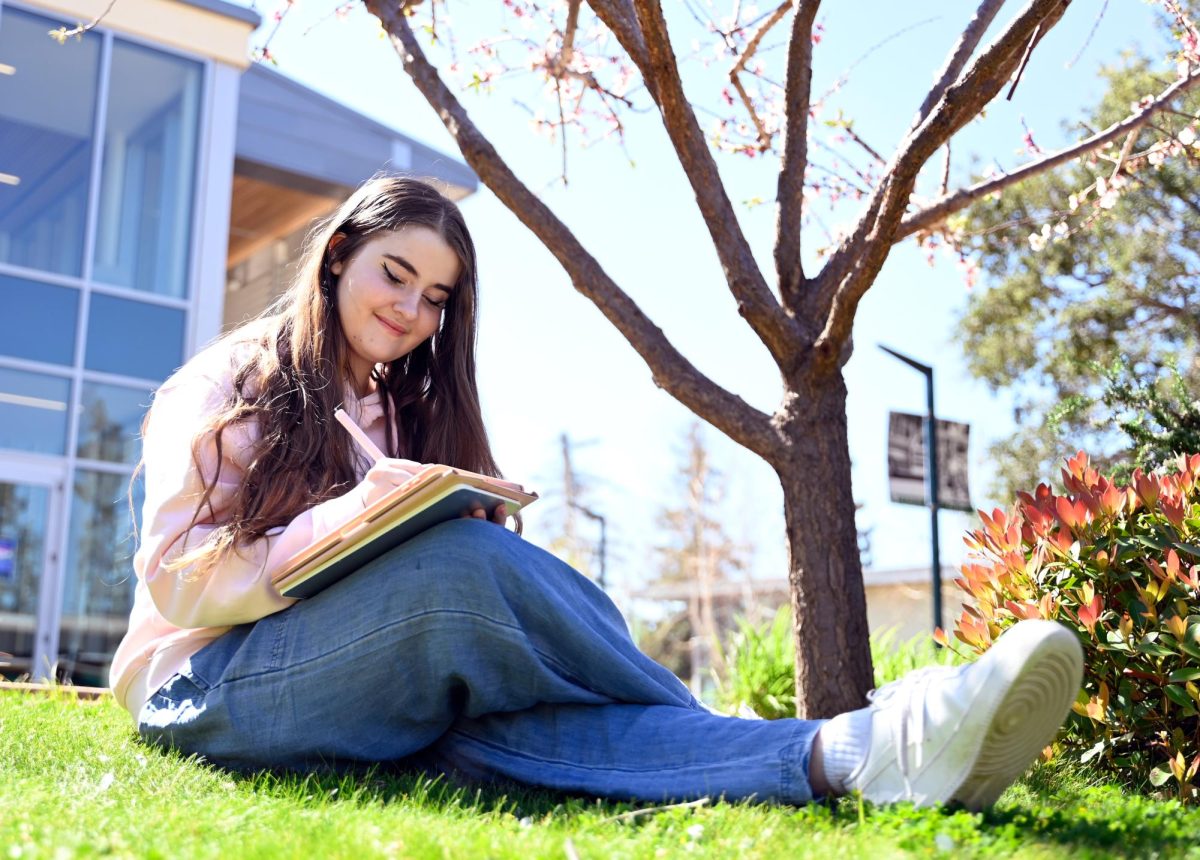
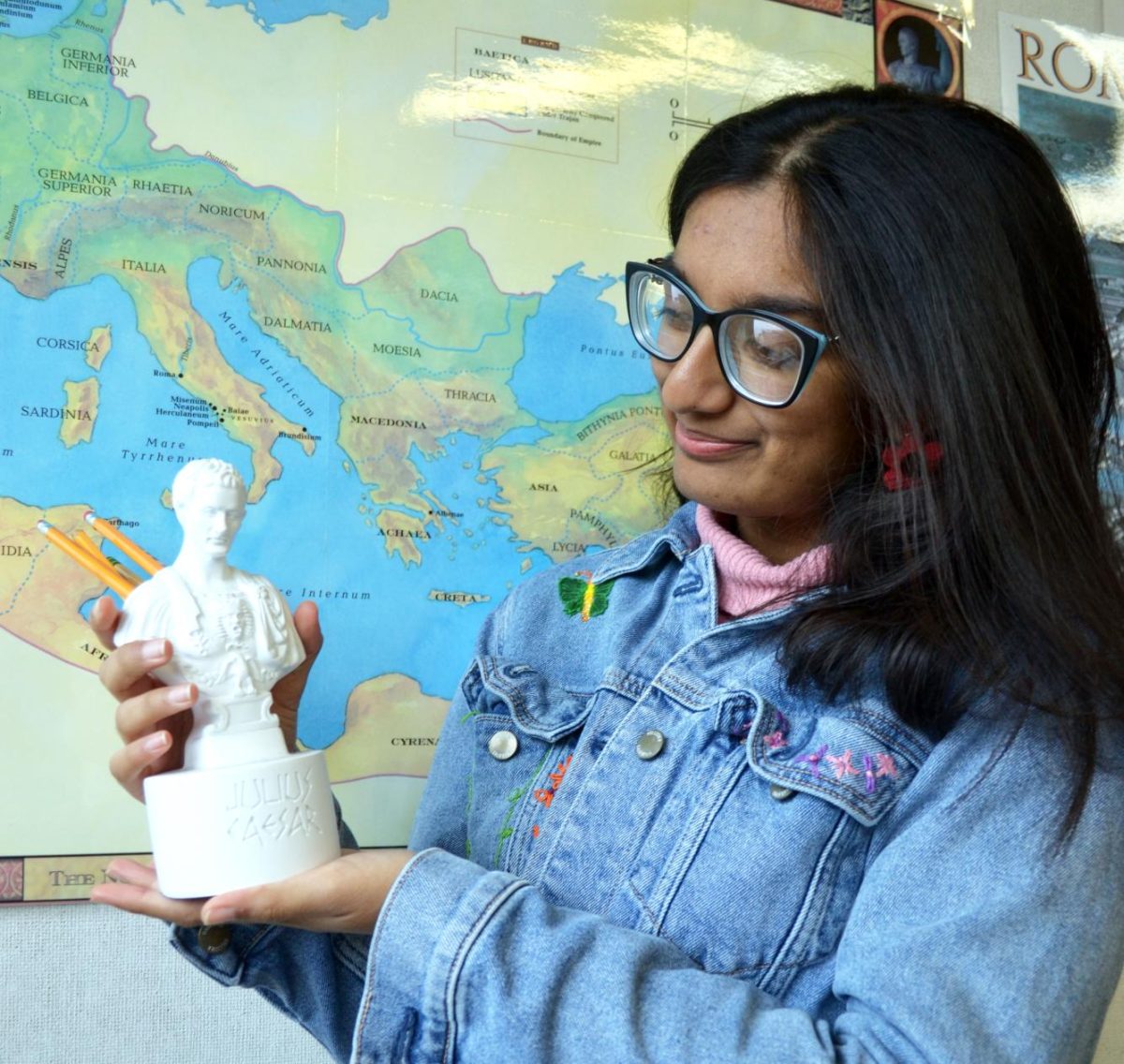
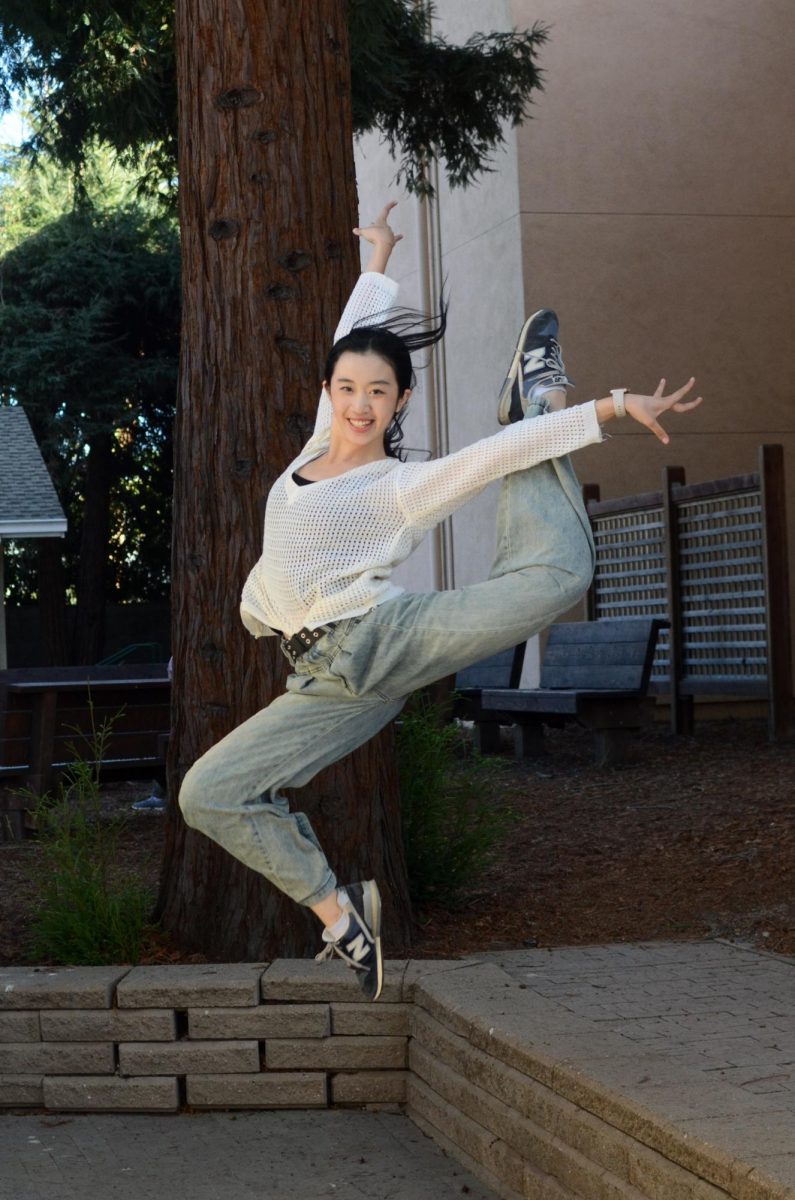
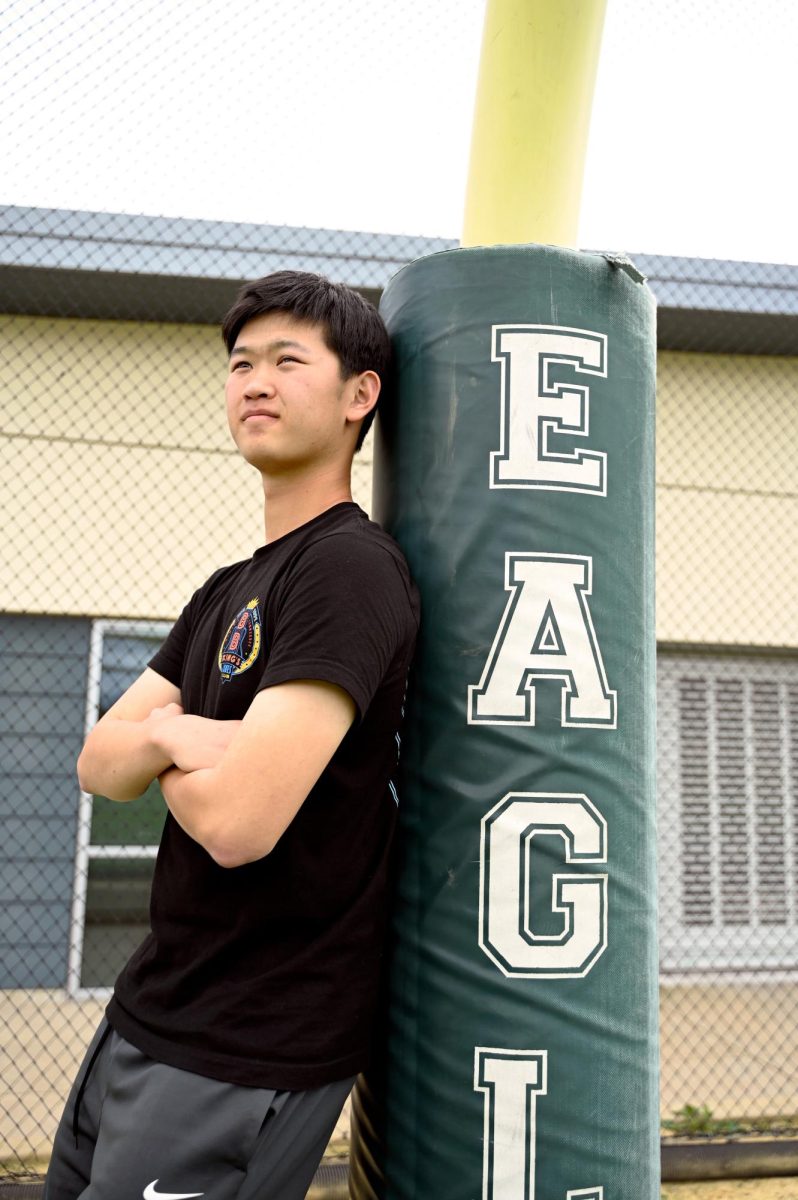
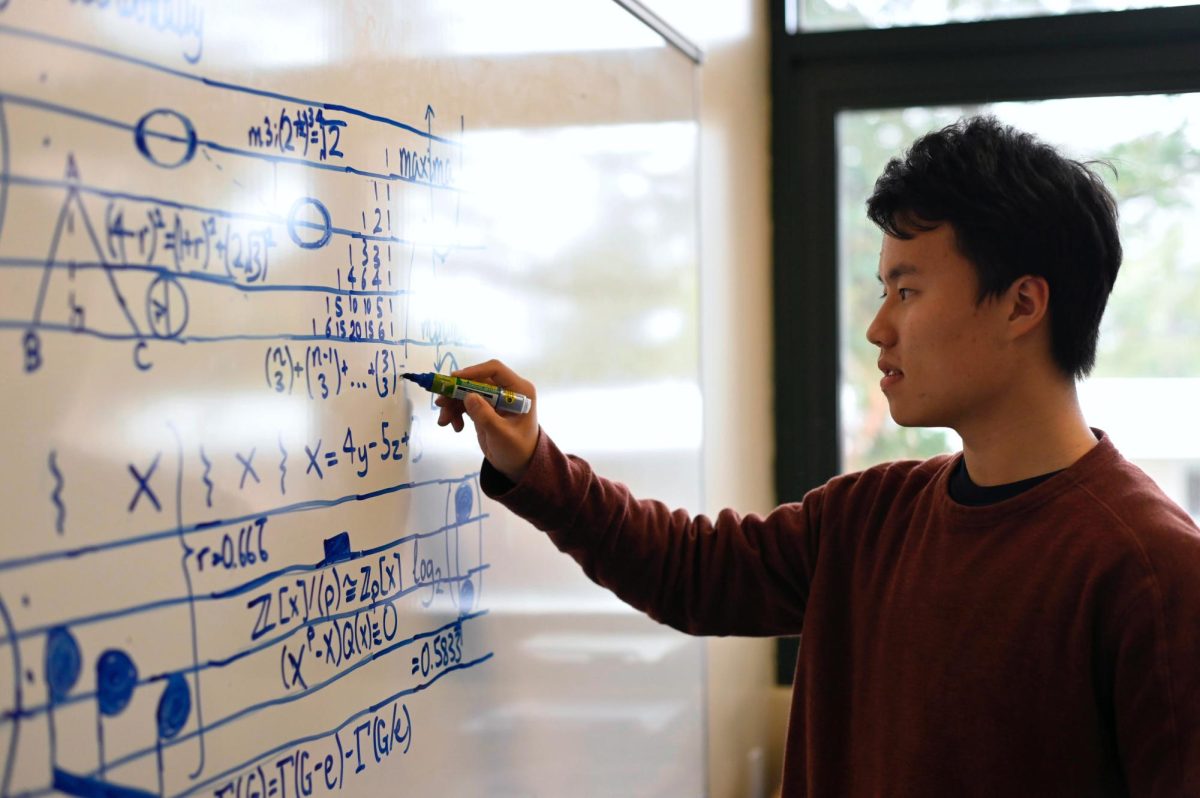
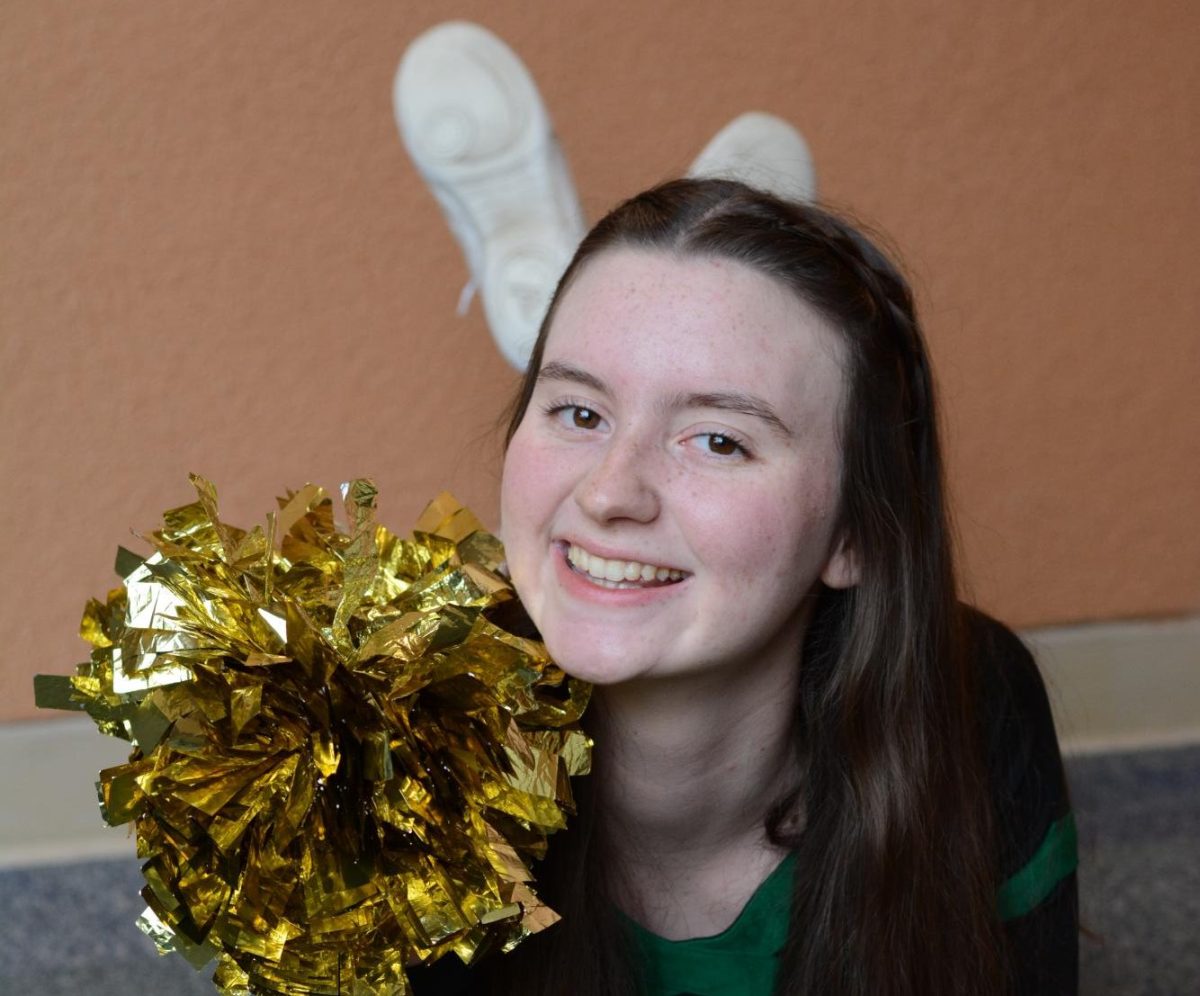








![“[Building nerf blasters] became this outlet of creativity for me that hasnt been matched by anything else. The process [of] making a build complete to your desire is such a painstakingly difficult process, but Ive had to learn from [the skills needed from] soldering to proper painting. Theres so many different options for everything, if you think about it, it exists. The best part is [that] if it doesnt exist, you can build it yourself, Ishaan Parate said.](https://harkeraquila.com/wp-content/uploads/2022/08/DSC_8149-900x604.jpg)


![“Animation just clicked in a way. I had been interested in art, but that felt different. [Animation] felt like it had something behind it, whereas previous things felt surface level. I wasnt making that crazy of things, but just the process of doing it was much more enjoyable, Carter Chadwick (22) said.](https://harkeraquila.com/wp-content/uploads/2022/08/Screen-Shot-2022-08-16-at-9.44.08-AM-900x598.png)


![“When I came into high school, I was ready to be a follower. But DECA was a game changer for me. It helped me overcome my fear of public speaking, and its played such a major role in who Ive become today. To be able to successfully lead a chapter of 150 students, an officer team and be one of the upperclassmen I once really admired is something Im [really] proud of,” Anvitha Tummala (21) said.](https://harkeraquila.com/wp-content/uploads/2021/07/Screen-Shot-2021-07-25-at-9.50.05-AM-900x594.png)



![“[Volleyball has] taught me how to fall correctly, and another thing it taught is that you don’t have to be the best at something to be good at it. If you just hit the ball in a smart way, then it still scores points and you’re good at it. You could be a background player and still make a much bigger impact on the team than you would think,” Anya Gert (’20) said.](https://harkeraquila.com/wp-content/uploads/2020/06/AnnaGert_JinTuan_HoHPhotoEdited-600x900.jpeg)

![“Im not nearly there yet, but [my confidence has] definitely been getting better since I was pretty shy and timid coming into Harker my freshman year. I know that theres a lot of people that are really confident in what they do, and I really admire them. Everyones so driven and that has really pushed me to kind of try to find my own place in high school and be more confident,” Alyssa Huang (’20) said.](https://harkeraquila.com/wp-content/uploads/2020/06/AlyssaHuang_EmilyChen_HoHPhoto-900x749.jpeg)













![“My slogan is ‘slow feet, don’t eat, and I’m hungry.’ You need to run fast to get where you are–you arent going to get those championships if you arent fast,” Angel Cervantes (12) said. “I want to do well in school on my tests and in track and win championships for my team. I live by that, [and] I can do that anywhere: in the classroom or on the field.”](https://harkeraquila.com/wp-content/uploads/2018/06/DSC5146-900x601.jpg)

![“I think getting up in the morning and having a sense of purpose [is exciting]. I think without a certain amount of drive, life is kind of obsolete and mundane, and I think having that every single day is what makes each day unique and kind of makes life exciting,” Neymika Jain (12) said.](https://harkeraquila.com/wp-content/uploads/2017/06/Screen-Shot-2017-06-03-at-4.54.16-PM.png)






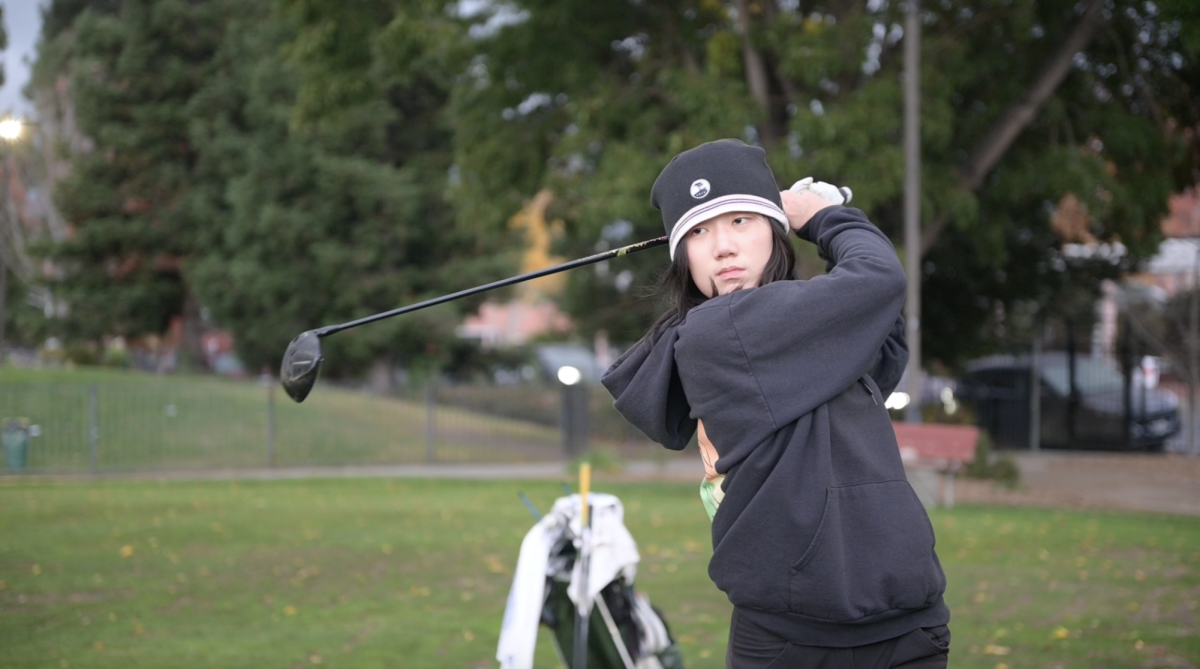
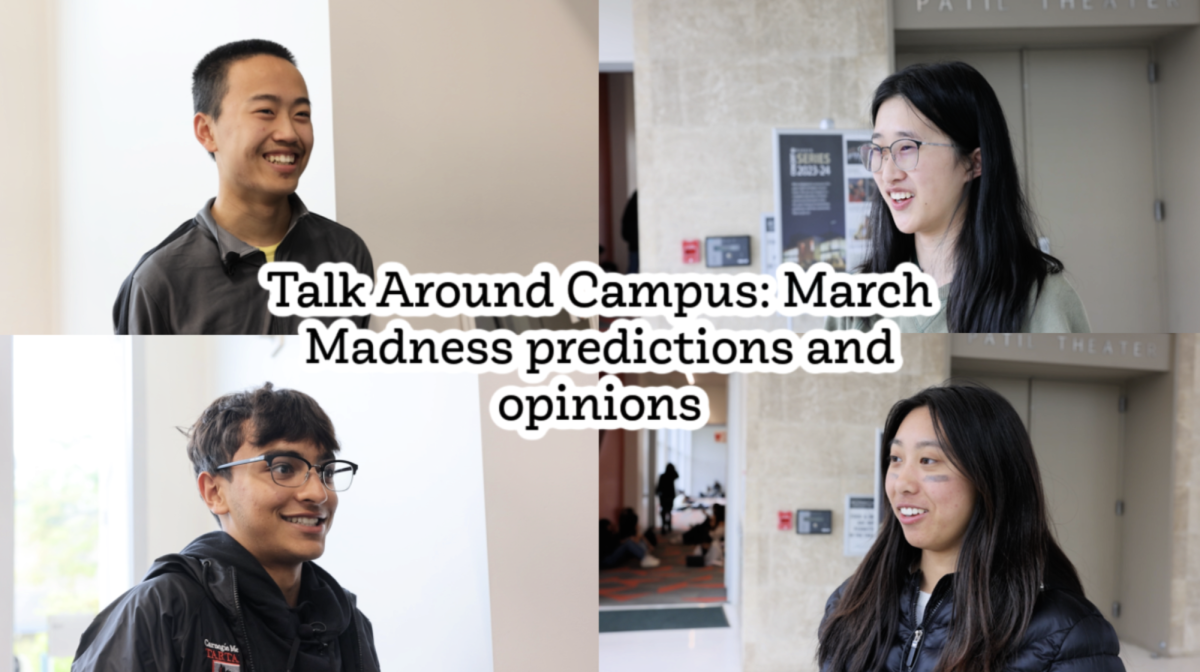
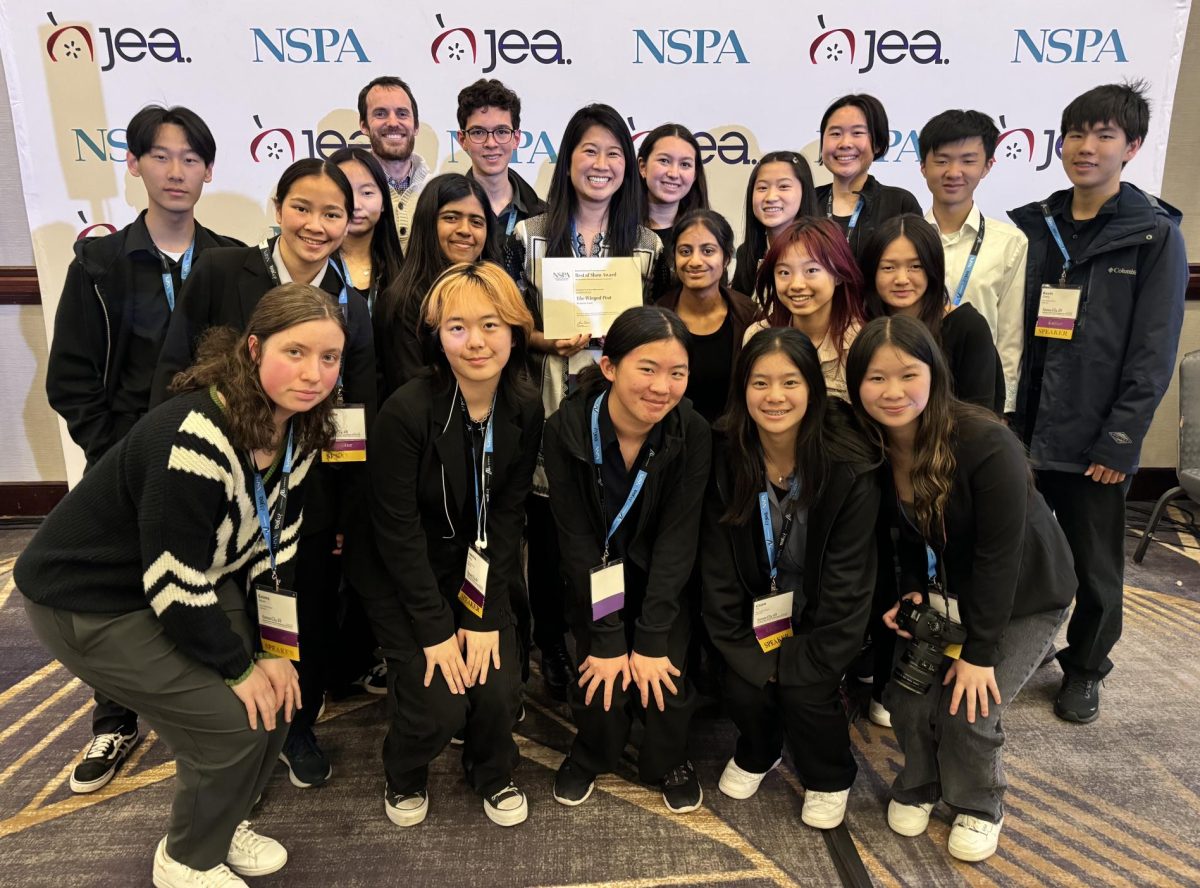


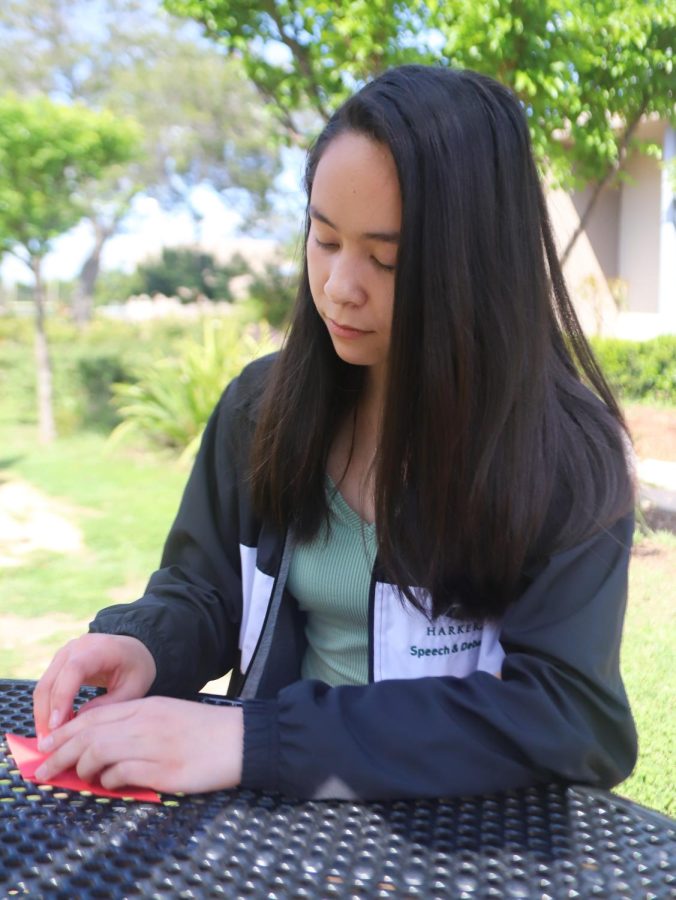
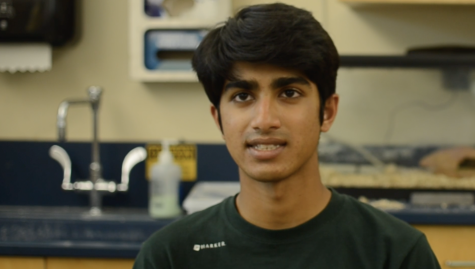
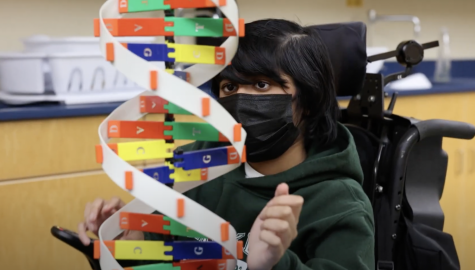
![“[Building nerf blasters] became this outlet of creativity for me that hasnt been matched by anything else. The process [of] making a build complete to your desire is such a painstakingly difficult process, but Ive had to learn from [the skills needed from] soldering to proper painting. Theres so many different options for everything, if you think about it, it exists. The best part is [that] if it doesnt exist, you can build it yourself, Ishaan Parate said.](https://harkeraquila.com/wp-content/uploads/2022/08/DSC_8149-475x319.jpg)
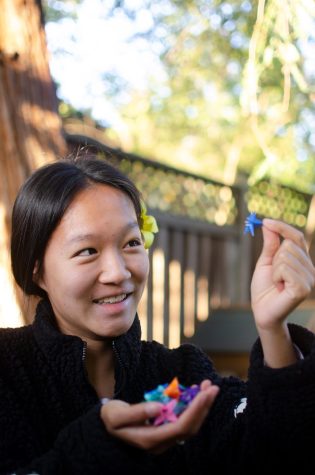
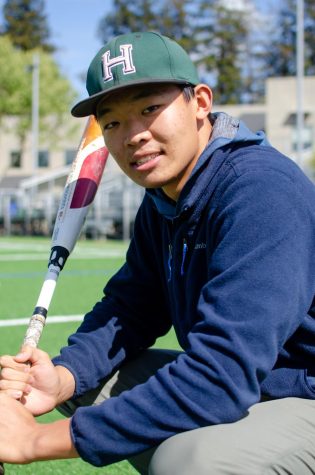
![“Animation just clicked in a way. I had been interested in art, but that felt different. [Animation] felt like it had something behind it, whereas previous things felt surface level. I wasnt making that crazy of things, but just the process of doing it was much more enjoyable, Carter Chadwick (22) said.](https://harkeraquila.com/wp-content/uploads/2022/08/Screen-Shot-2022-08-16-at-9.44.08-AM-475x316.png)
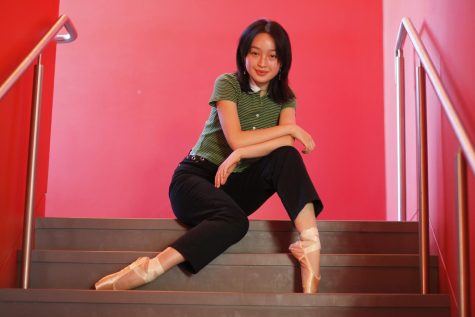
![My favorite thing is being able to immerse yourself in [dance]. Its one thing where you can really see improvement if you put in the practice, and if you dont put in the practice you wont improve. The ability to sync into repetition and go into the same counts over and over again to see some improvement is really captivating, and always draws me back to it, Zeel Thakkar (22) said.](https://harkeraquila.com/wp-content/uploads/2022/08/DSC_8147-475x315.jpg)
![“It’s the mind bending things that I’m really passionate about, the things where youre like, ‘I have no idea why this happens, but I want to figure that out.’ It’s a genuine, ‘I don’t get it, but I want to.’ Or perhaps it’s [that] I don’t want to never understand it. I don’t want to have a topic that I dont understand and never understand it, Spencer Cha (22) said.](https://harkeraquila.com/wp-content/uploads/2022/08/spencerchahoh_ireneyuan-475x317.jpg)
